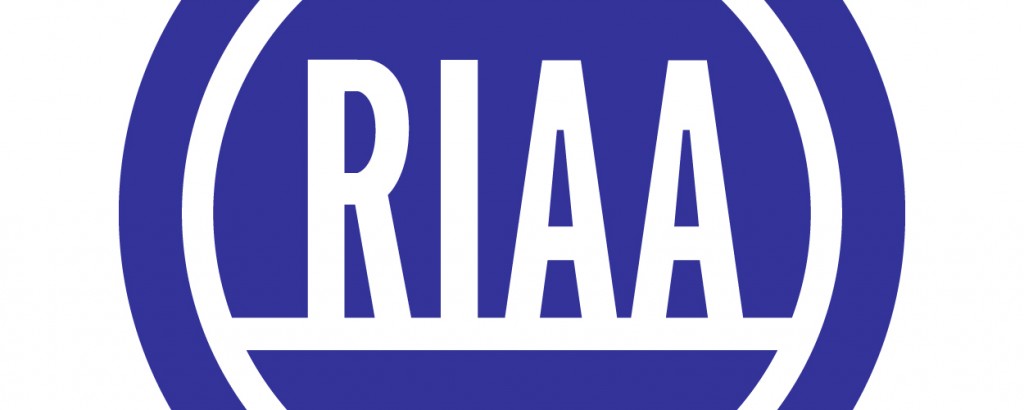This website uses cookies so that we can provide you with the best user experience possible. Cookie information is stored in your browser and performs functions such as recognising you when you return to our website and helping our team to understand which sections of the website you find most interesting and useful.
CMU Digest
CMU Digest 14.09.20: RIAA, safe harbour, COVID-19, radio royalties, Hipgnosis
By Chris Cooke | Published on Monday 14 September 2020

The key stories from the last week in the music business…
The Recording Industry Association Of America published half-year stats confirming that the record industry is mainly immune to the impact of COVID-19. Already declining CD sales tumbled significantly as COVID-19 hit traditional retail in the US – sufficiently so that vinyl now generates more revenue than compact disc – and the growth of ad-funded free streaming slowed down as brands put advertising campaigns on hold because of the pandemic. However, the all-important premium streaming services continued to sign up new subscribers, resulting in a 13.7% increase in revenues from those platforms. That meant that overall the US record industry saw retail revenues increase 5.6% in the first half of 2020. [READ MORE]
An assortment of trade bodies expressed concern that official guidance on safe harbour reform in Europe could hinder that reform. The 2019 European Copyright Directive said that the European Commission should instigate talks between user-upload platforms and copyright owners regarding changes to the copyright safe harbour in the EU and the resulting new liabilities for the platforms. Those talks will result in official EC guidance for how the reforms should be implemented. But organisations for the music and wider copyright industries fear language recently employed by the Commission could result in that guidance watering down the reform. The plethora of copyright industry trade groups last week said that must not happen. [READ MORE]
The UK government said that bold plans to extend COVID-19 testing could help full-capacity gigs return. Those plans would include having high-speed COVID testing take place at venues and festivals, checking that people did not have the virus on their way in. That could then remove the need for the current social distancing rules – ie the rules that mean that, although indoor gigs are now allowed in England, it’s really hard to stage them in a commercially viable way. However, some critics have said the plans are unrealistic, because they’d be far too expensive to implement and require testing technology that has not been invented yet. [READ MORE]
The European Courts said that US performers should receive royalties when their music is played on radio stations in Europe. In most countries, when recordings are broadcast or played in public royalties collected are shared between labels and performers. Where the labels and performers involved in a track are based abroad, monies are passed over through the collective licensing system. But in some countries, monies are not shared with US labels and/or performers, because under American copyright law no such royalties are due in the US (except for online/satellite radio), so no money flows in the other direction. US performers say that approach contravenes international copyright treaties. And, in a ruling relating to a legal dispute in Ireland, the EU courts basically agreed, saying that whenever domestic labels and performers earn royalties, so should foreign labels and performers whenever their music is used. [READ MORE]
The acquisitive Hipgnosis Songs Fund bought US independent music publisher Big Deal. Hipgnosis, set up by artist manager Merck Mercuriadis, is an investment fund that has acquired a multitude of music rights from numerous established artists and songwriters, having persuaded City types that music rights and royalties are a good thing to invest in. By acquiring Big Deal, Hipgnosis not only gets more catalogue, but it also means it now owns the infrastructure of a traditional music publisher, including rights and royalty management systems and access to the collective licensing system. Big Deal will now rebrand as the Hipgnosis Songs Group. [READ MORE]





